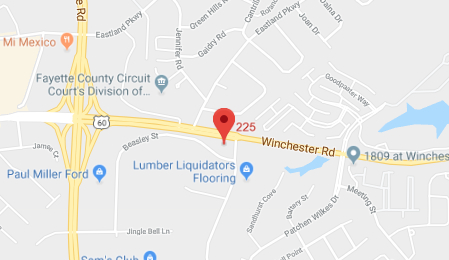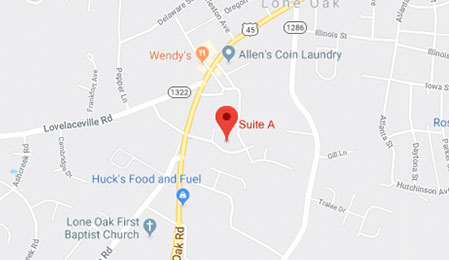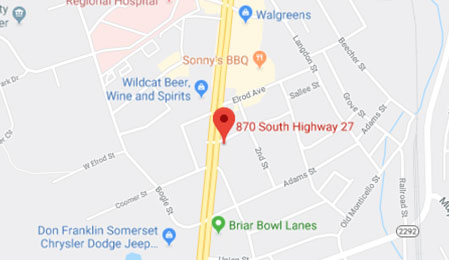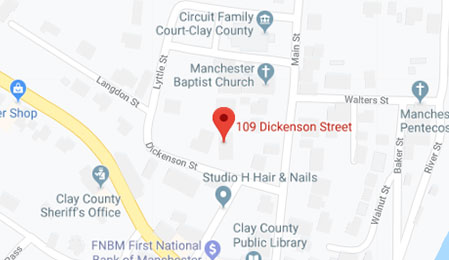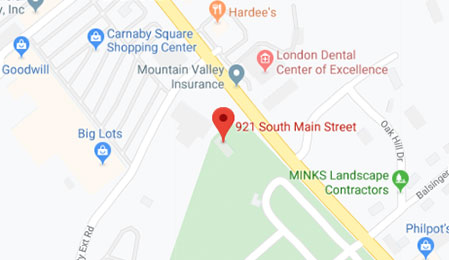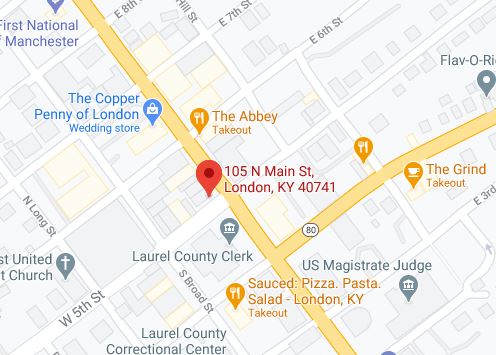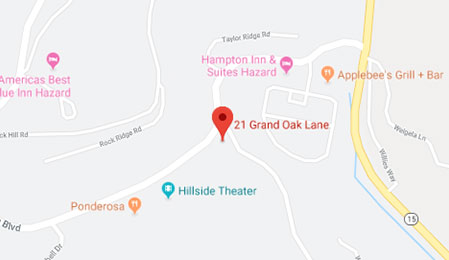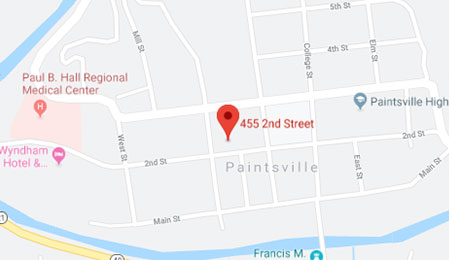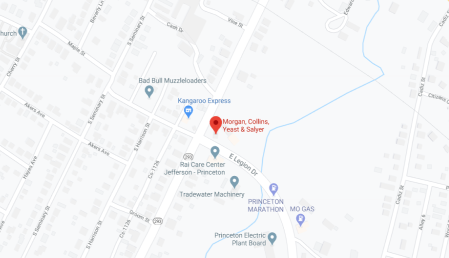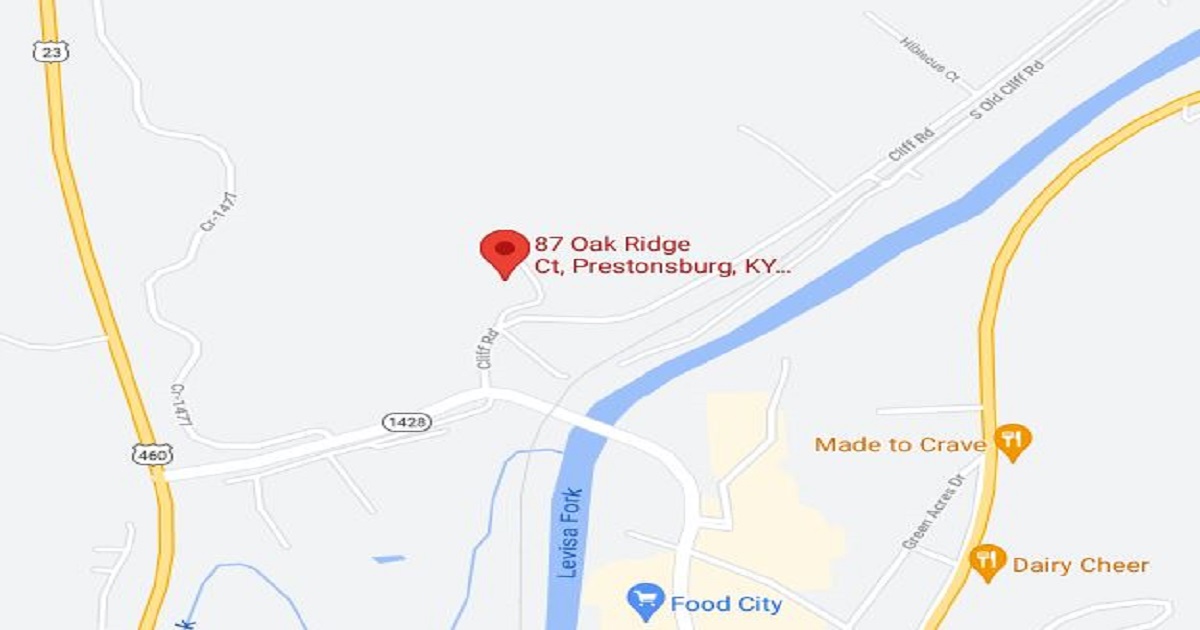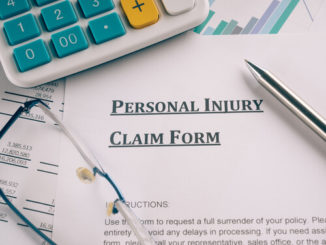
In the blink of an eye, someone else’s negligence can change your life. Perhaps you’re hit by a drunk driver, or suffer a slip-and-fall in a retail store due to a slippery floor. Or maybe you’re bitten by a dog, or crashed into while riding your bike.
Whatever the details of your accident, our empathetic legal team at the law office of Morgan, Collins, Yeast & Salyer understands what you’re going through and the physical pain and heartache you’re experiencing.
If you’ve been injured in Kentucky, you have one year to file a personal injury claim and two years to bring a property damage claim. Our lawyers have the Kentucky Courage necessary to help you seek the compensation award that you deserve. Contact us now for a free consultation.
Here’s an overview of what you should know about the process of a personal injury claim in Kentucky.
How Long Does a Personal Injury Lawsuit Take?
How long a personal injury lawsuit takes from start to finish depends on a variety of factors, including the strength of the plaintiff’s claim and the amount that is being requested in damages. In the realm of legal battles, the timeframe for settling can vary greatly. While some fortunate individuals find resolution within a mere 3 months, others navigate the winding path for several long years. And then there are those rare instances where a settlement remains elusive, propelling the personal injury lawsuit into the realm of the courtroom, where justice is sought through trial and verdict.
Some personal injury lawsuits will conclude in a few months’ time, whereas others may take over a year. Talk to our attorneys now for more information about how long your case may take.
Steps in a Personal Injury Case
Understanding what to do if you’ve been injured and what the process of recovering will look like can feel overwhelming. While the following explains the standard process of a personal injury claim, note that each case is unique. Your claim may not unfold exactly in this manner. If you have questions that are specific to you, we encourage you to reach out to our law firm directly.
- Start with a free consultation with an attorney. The claims process begins with a free consultation with an injury attorney. This is an opportunity for you to learn more about the lawyer you’re considering, as well as an opportunity to learn more about the legal process. The free consultation is also a chance for your attorney to learn more about your case and whether a personal injury claim is viable.
When you come to your free consultation, you should come prepared to share with the attorney all of the information that you have about your accident and injuries, as well as prepared to discuss the details of your claim.
Bring any evidence you have about how your accident and injuries occurred, medical bills, photos of your injuries and damages, and more. The attorney you’re meeting with may ask sensitive questions, such as the extent of your injuries. Be prepared to discuss these questions honestly and openly. Providing the attorney as much accurate information as possible is the only way that they will be able to assess your case.
- Investigation. If you and the attorney decide to work together, the next step will be an investigation. During this phase of the process, your attorney will gather as much evidence related to your case as possible, including photos of your injuries, eyewitness statements, accident reconstruction data, medical bills, the opinions of experts, and more.
The point of an independent investigation is to determine who really caused the accident and who should be held liable for your injuries. It is also to gather as much evidence as possible to make your claim as strong as it can be. In addition to gathering information to prove fault, your attorney will also be responsible for collecting evidence that proves the extent of damages you have suffered.
- Determining damages and sending a demand letter. After an investigation is complete, your attorney – often working with financial and medical experts – will determine the value of your claim by calculating your economic and noneconomic damages. Then, a demand letter will be sent, typically to the liability insurance provider of the at-fault party. This demand letter outlines how much you’re owed, why the policyholder is to blame, and how much you are demanding in compensation.
- Settlement negotiations. Typically, after a demand letter is received by an insurer, the insurer will counter by offering the claimant a settlement. However, this offer is typically much less than the claimant has demanded or is entitled to.
From here, settlement negotiations will begin.
Settlement negotiations are a back-and-forth process that can take weeks or months depending on the amount involved and the personalities and the skills of the people handling negotiations. Keep in mind that the job of an insurance adjuster is to save the insurance company as much money as possible. It means offering claimants as little as possible.
- Filing a lawsuit. The goal of settlement negotiations is to reach a settlement that both parties find acceptable. Most of the time, settlement negotiations are successful. The majority of claims settle out of court without litigation. However, there are some cases that cannot be settled out of court. If you and the other party cannot reach an agreement, then filing a lawsuit against the liable party may be the only remaining option.
If you do decide to file a lawsuit, you must do so within one year from the date that your accident occurred, under the Kentucky statute of limitations found in Section 413.140 of Kentucky Code.
- Building your lawsuit during discovery. If you file a lawsuit, then one of the first steps in the process is called discovery. Discovery is a process where you and the defendant investigate the facts of the case and exchange evidence with one another. During discovery, you can depose witnesses, request that the defense and other parties produce certain documents, and more. The discovery process is intended to help you build your case.
- Going to trial. Once the discovery process is completed, the next step will be going to trial, assuming a settlement has still not been reached. Trials usually last a few days or up to a couple of weeks, but rarely longer than this. During a trial, your attorney can present evidence and question witnesses. You also may be required to testify before the court, a process that your attorney can help to prepare you for.
Talk to a Kentucky Personal Injury Lawyer Now
If you have has been injured, it’s important that you talk to an attorney about your options. Talk to them about your rights as soon as possible and to know how to fight a personal injury lawsuit.
At the office of Morgan, Collins, Yeast & Salyer, our Kentucky personal injury lawyers offer free consultations and are ready to meet with you today. Please contact us at your convenience to get started.








